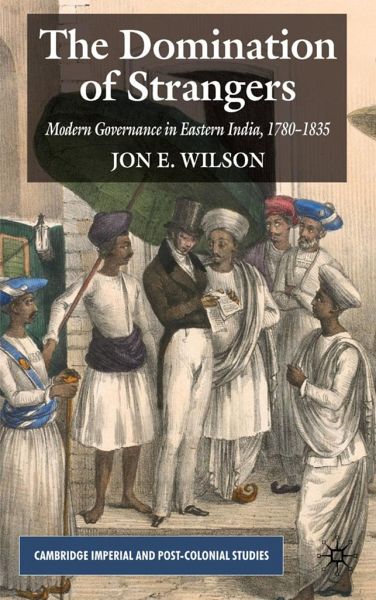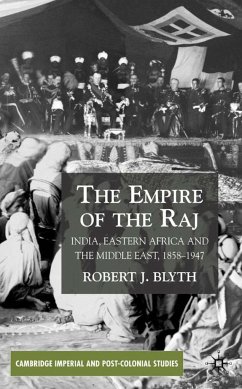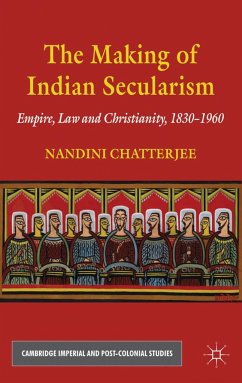
The Domination of Strangers
Modern Governance in Eastern India, 1780-1835

PAYBACK Punkte
38 °P sammeln!
Offering a major new interpretation of the transformation of political thought and practice in colonial India, The Domination of Strangers traces the origins of modern ideas about the state and Indian civil society to the practical interaction between the British and their south Asian subjects.














